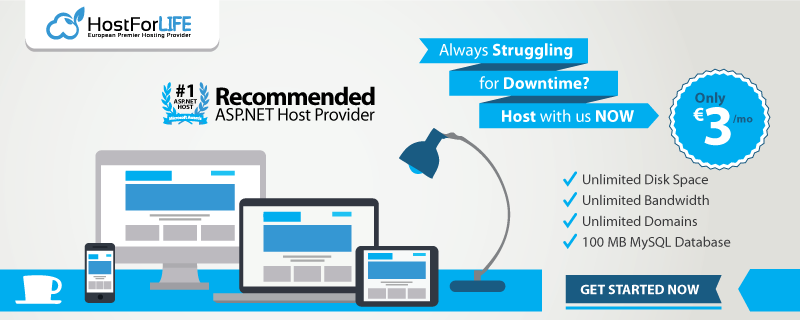The modular pipeline of ASP.NET Core is well-known, and middleware components are essential to managing HTTP requests and responses. Request logging, authentication, routing, response modification, error handling, and other functions are all possible with middleware. UseRouting, UseAuthorization, and other middleware are built into ASP.NET Core, but in many situations, you’ll want to make your own.
In this article, we’ll explore:
- What middleware is
- Why and when to use custom middleware
- How to create and register custom middleware
- Real-world examples
- Best practices
What is Middleware?
Middleware in ASP.NET Core is software that’s assembled into the HTTP request pipeline. Each piece of middleware:
- Processes an incoming request
- Can optionally pass the request to the next component
- Optionally processes the response on the way back
Conceptually, it looks like a chain:
Why Create Custom Middleware?
You should consider writing custom middleware when:
- You want reusable, centralized behavior (like logging or metrics)
- You need to intercept or transform requests or responses
- Built-in middleware doesn’t meet your specific need
Project Setup
Let’s build a simple ASP.NET Core Web API project to demonstrate.
Example 1: Logging Request Duration
Purpose:
Log how long each HTTP request takes.
Step 1. Create the Middleware
File: Middleware/RequestTimingMiddleware.cs
Step 2. Create an Extension Method
File: Middleware/RequestTimingMiddlewareExtensions.cs
Step 4. Add a Test Endpoint
File: Controllers/TestController.cs
Output Example (Console)
When you visit /api/test, the console logs:
Example 2: Inject a Custom Header into Every Response
Purpose:
Add a custom header to every outgoing HTTP response.
Middleware/CustomHeaderMiddleware.cs
Register it in Program.cs:
Now every HTTP response will include:
Best Practices
| Practice | Why it Matters |
|---|---|
| Keep middleware small and focused | Easier to test, reuse, and maintain |
Avoid blocking code (Thread.Sleep) |
Use await Task.Delay() instead for async code |
| Handle exceptions gracefully | Prevent application crashes and improve logging |
| Use dependency injection | Middleware can use services like logging, DB, etc. |
Best ASP.NET Core 10.0 Hosting
The feature and reliability are the most important things when choosing a good ASP.NET Core 10.0 hosting. HostForLIFE is the leading provider of Windows hosting and affordable ASP.NET Core , their servers are optimized for PHP web applications such as the latest ASP.NET Core 10.0 version. The performance and the uptime of the ASP.NET Core hosting service are excellent, and the features of the web hosting plan are even greater than what many hosting providers ask you to pay for. At HostForLIFEASP.NET, customers can also experience fast ASP.NET Core hosting. The company invested a lot of money to ensure the best and fastest performance of the datacenters, servers, network and other facilities. Its data centers are equipped with top equipment like cooling system, fire detection, high-speed Internet connection, and so on. That is why HostForLIFEASP.NET guarantees 99.9% uptime for ASP.NET Core . And the engineers do regular maintenance and monitoring works to assure its ASP.NET Core hosting are security and always up.



